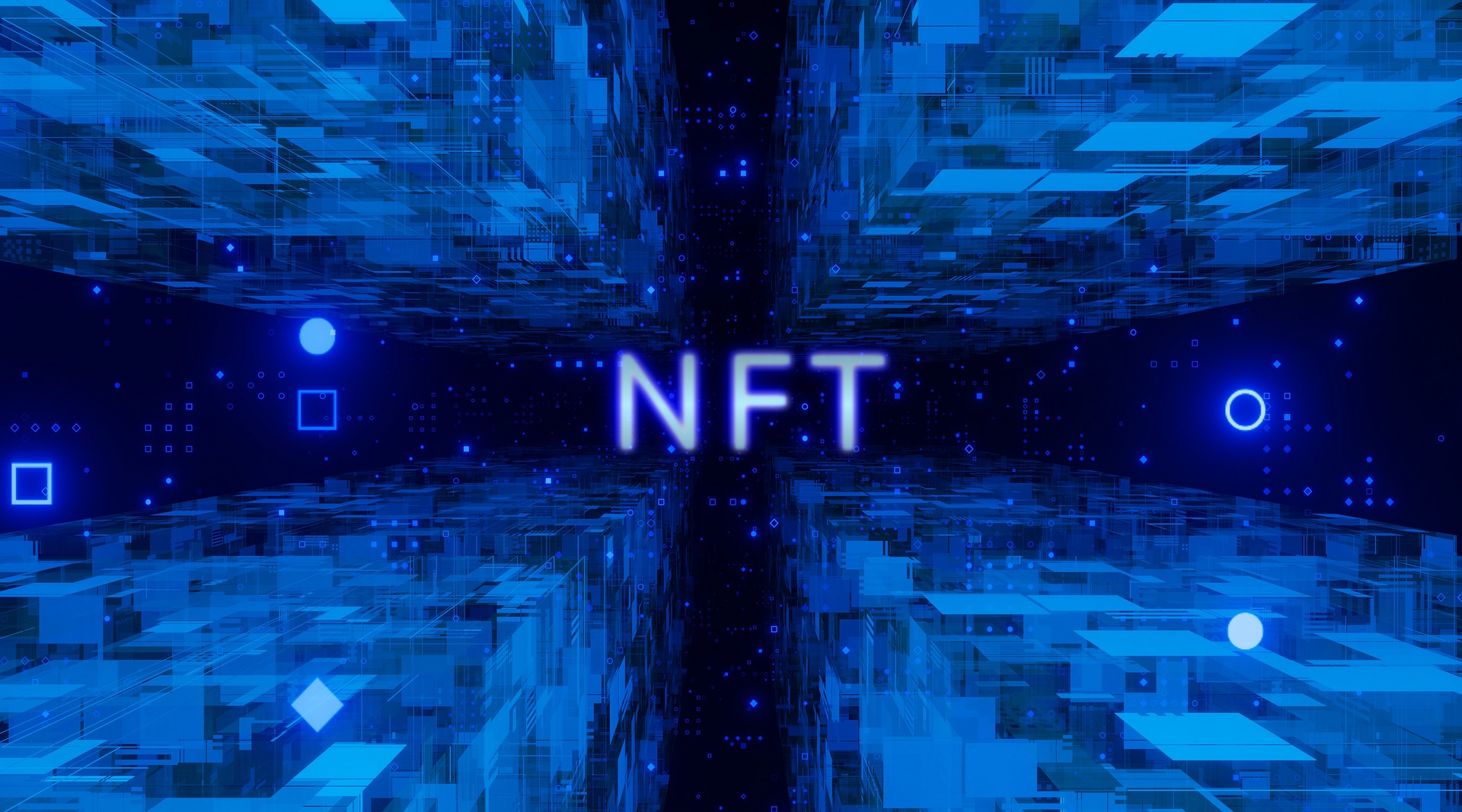The question, “Will AI take my job?” is becoming ubiquitous in the modern workplace. As AI continues to evolve, it’s natural for all of us to feel a mix of excitement and trepidation. Here are ten insights and actions we can take to gauge and navigate the AI revolution:
- AI Doesn’t Just Replace, It Augments:
- Insight: AI doesn’t aim to replace human roles. More often, it augments them, making tasks easier and more efficient.
- Action: Embrace AI tools in your current role. By integrating them into your daily tasks, you can enhance your productivity and showcase your adaptability.
- Soft Skills Matter More Than Ever:
- Insight: While AI excels in processing and pattern recognition, it still struggles with empathy, creativity, and interpersonal communication.
- Action: Invest in developing soft skills. Attend workshops, read books, or take online courses to hone your emotional intelligence, leadership, and creativity.
- Routine is AI’s Playground:
- Insight: Jobs that involve repetitive, routine tasks are more susceptible to automation.
- Action: Diversify your skill set. If your role involves routine tasks, seek opportunities to take on more strategic, varied responsibilities.
- AI Struggles with Ambiguity:
- Insight: AI requires clear instructions and defined parameters. Ambiguous tasks that require nuanced judgment remain a human domain.
- Action: Position yourself in roles that demand decision-making in ambiguous situations. This could involve strategy, planning, or crisis management.
- Continuous Learning is the New Normal:
- Insight: The AI landscape is ever-evolving. What’s cutting-edge today might be obsolete tomorrow.
- Action: Adopt a mindset of continuous learning. Regularly update your knowledge about the latest AI trends and their implications for your industry.
- Interdisciplinary Knowledge is a Shield:
- Insight: AI finds it challenging to replicate interdisciplinary expertise, where knowledge from multiple domains is applied.
- Action: Don’t pigeonhole yourself. Gain expertise in complementary fields to make your skill set unique and invaluable.
- AI is Only as Good as Its Data:
- Insight: AI relies on vast amounts of data. Roles that involve data cleaning, interpretation, and ethical considerations are crucial.
- Action: Understand the data that drives AI in your industry. Consider roles in data analytics, interpretation, or ethics.
- Ethical Considerations are Paramount:
- Insight: As AI becomes more integrated into our lives, ethical dilemmas will arise. Human judgment will be essential in navigating these challenges.
- Action: Engage in discussions about the ethical implications of AI in your field. This will position you as a thoughtful leader in the AI conversation.
- AI Cannot Replicate Human Networks:
- Insight: While AI can analyze social networks, it cannot replicate the depth of human relationships and the nuances of networking.
- Action: Build and maintain a strong professional network. Relationships will always be a cornerstone of business, irrespective of AI’s growth.
- AI is a Tool, Not a Replacement:
- Insight: At its core, AI is a tool designed to aid human endeavors, not replace them entirely.
- Action: Stay informed about how AI can be a tool in your toolkit, rather than a threat. Collaborate with AI, rather than competing against it.
The rise of AI undoubtedly brings challenges, but it also offers opportunities. By understanding the nuances of AI’s capabilities and limitations, and by proactively adapting, workers can not only ensure their relevance but also thrive in an AI-augmented workplace. The future isn’t about humans vs. machines; it’s about humans and machines working in tandem to achieve unprecedented outcomes.


